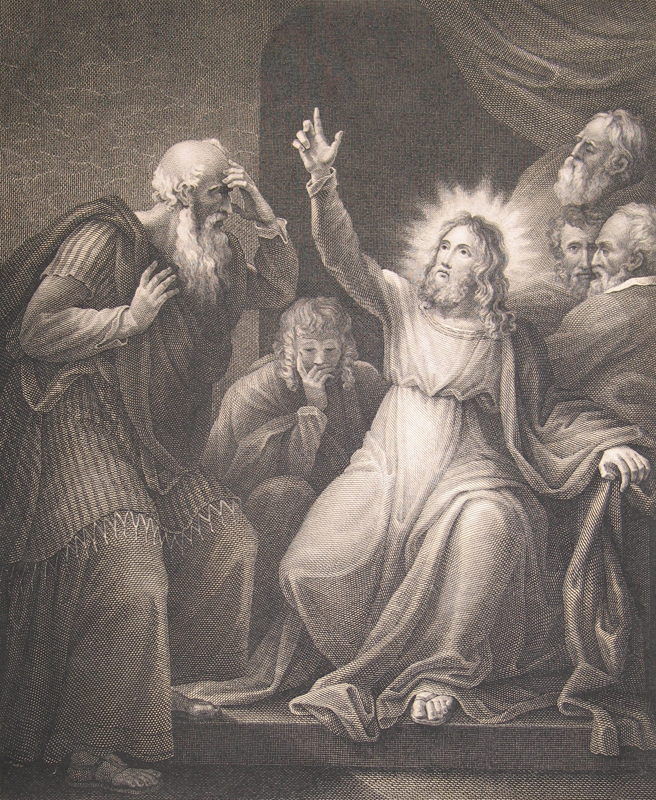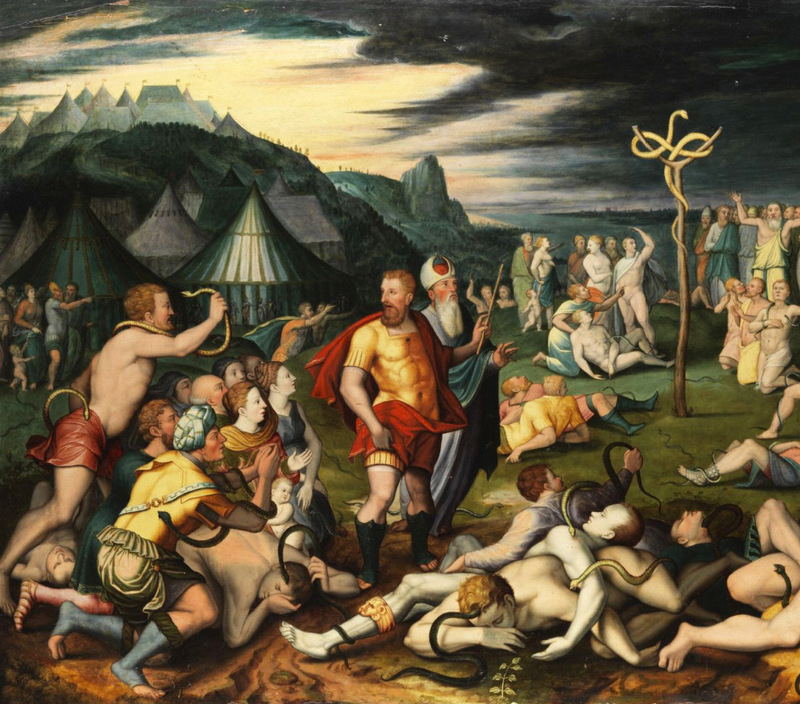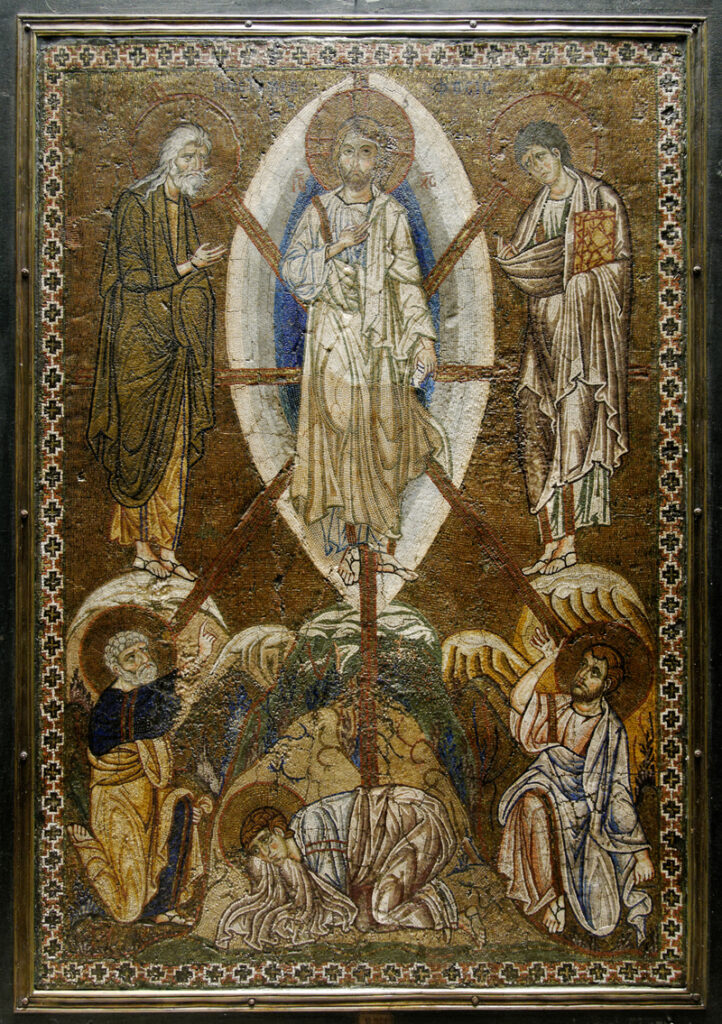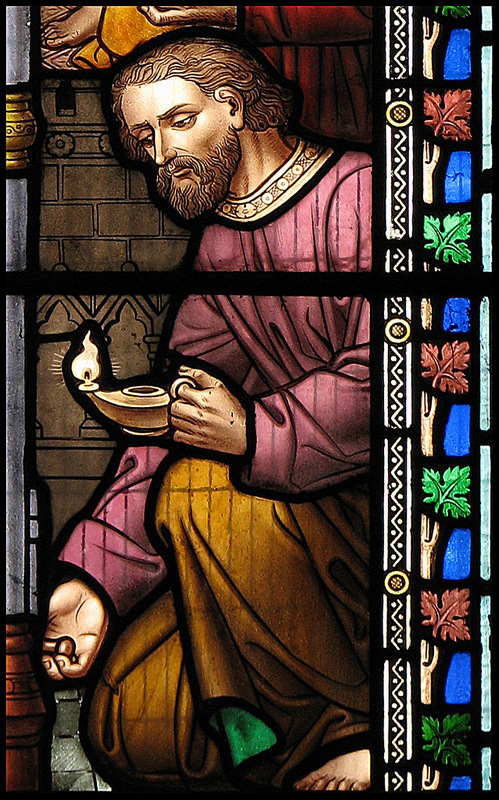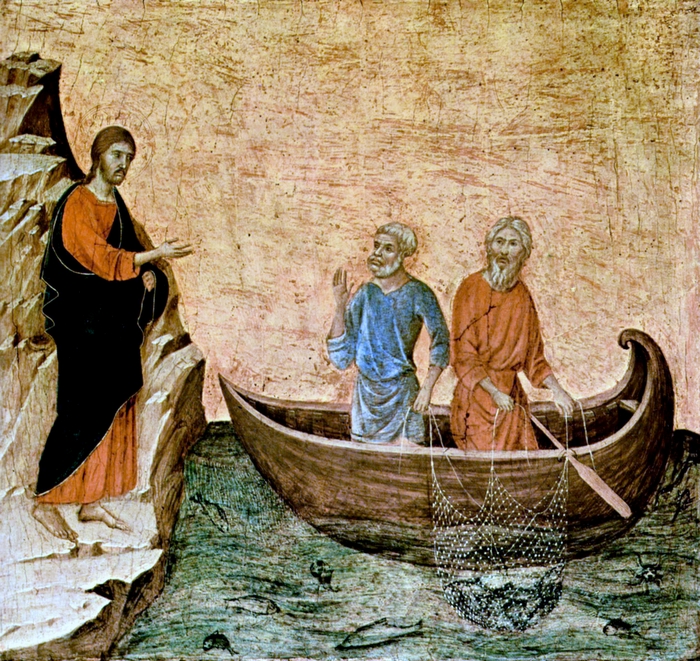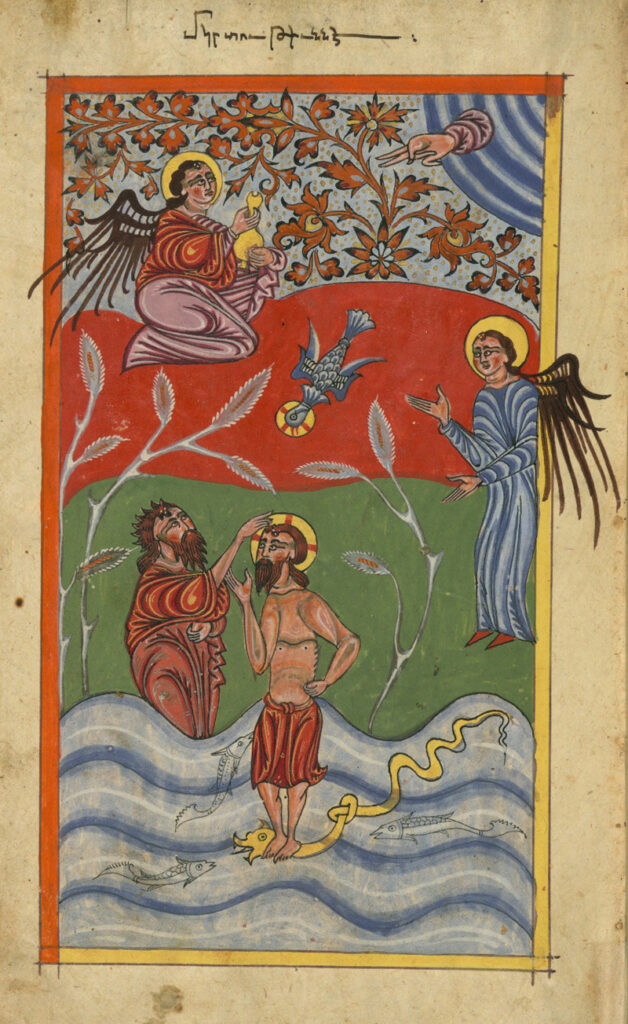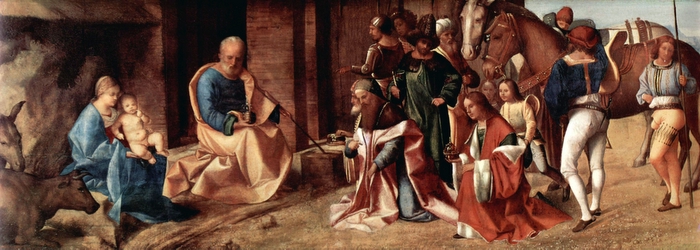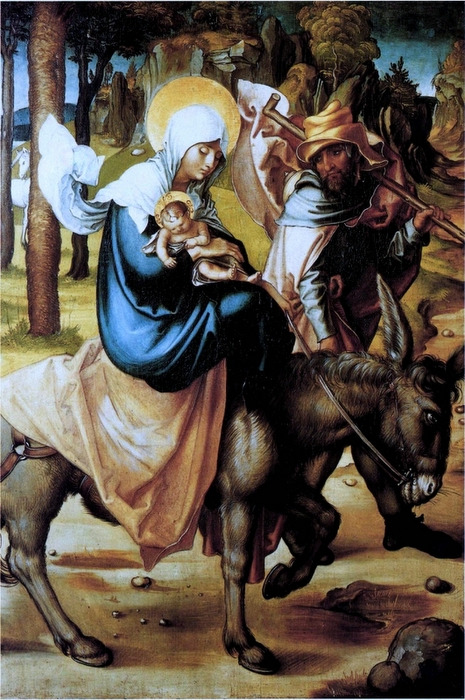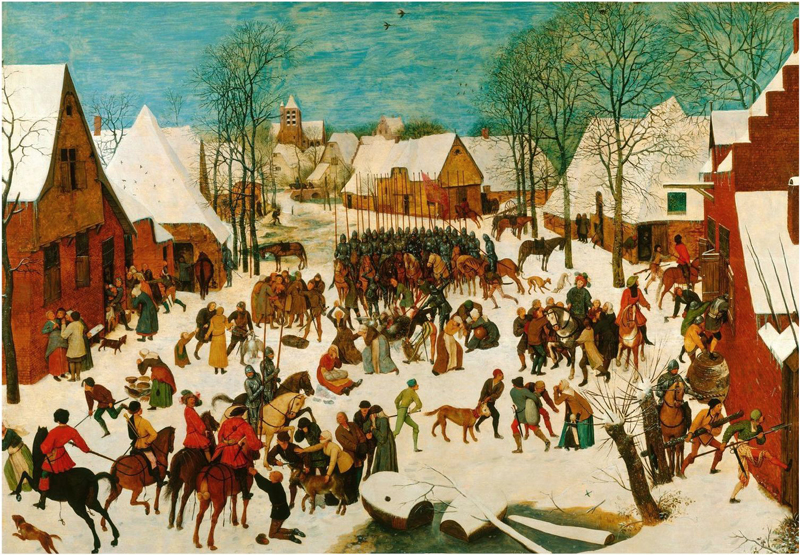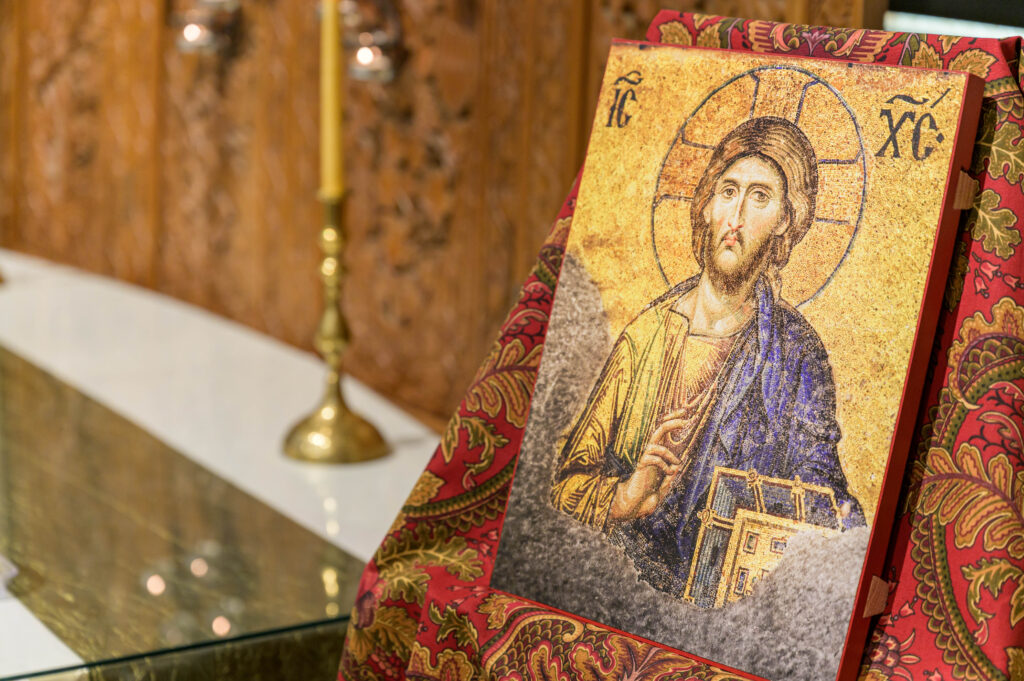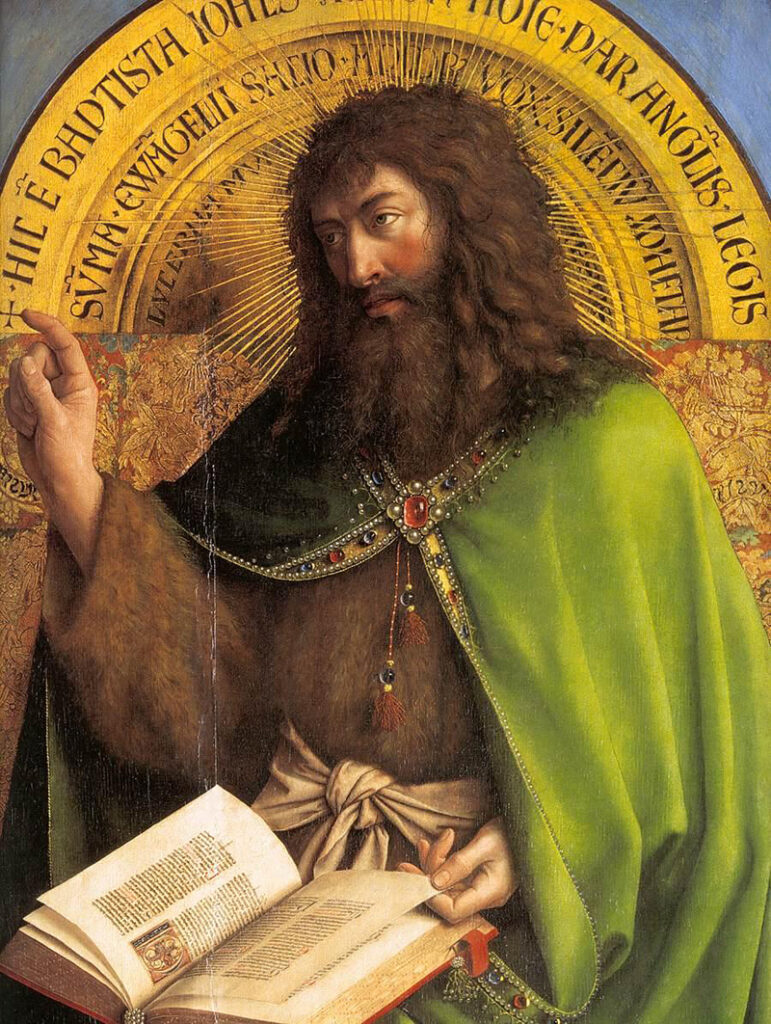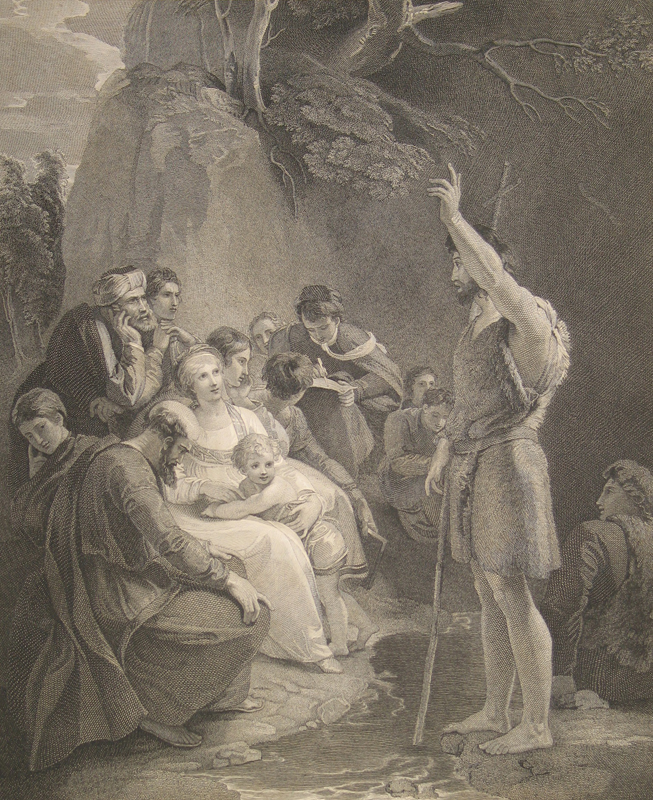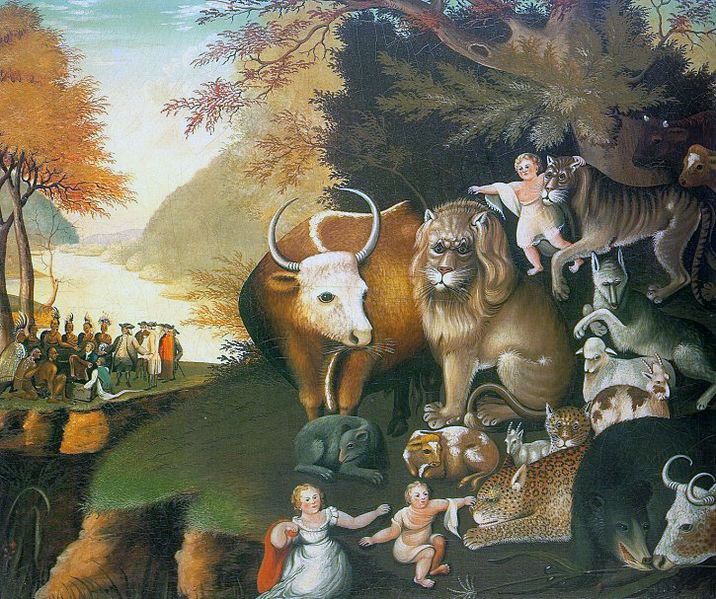Acts 2:14, 36-41; Psalm 116:1-4, 12-19; I Peter 1:17-23; St. Luke 24:13-35
Barekmor,
Glory be to the Father, to the Son, and to the Holy Spirit,
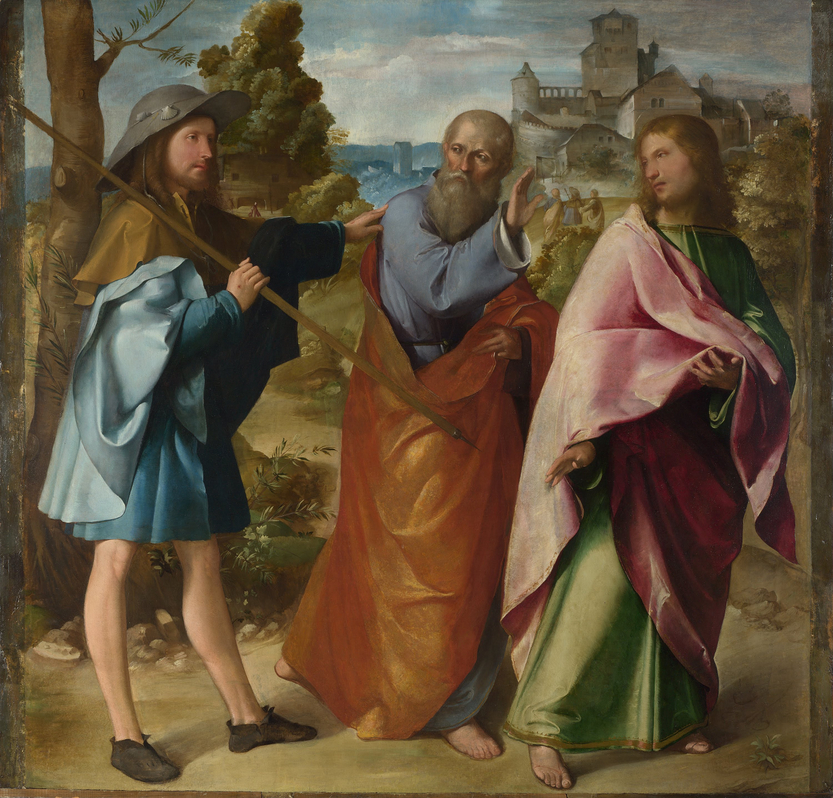
On the Road to Emmaus
This incident on the road to Emmaus takes place on Resurrection Day. We might think our Saviour would be busy or, doing something else, but He makes a priority to strengthen the Church with this particular teaching. Then later He appears to the eleven and others gathered.
Who are They?
First question I get about this is…which of the Apostles are these…These two “Emmaus disciples” are not part the Eleven. However, they could well be from among the seventy.
Just so you know, The assumption of the early church’s tradition, (cited by Eusebius), is that Cleopas is Clopas, brother of St Joseph, making Cleopas the uncle of Jesus, and that the other unnamed disciple is Cleopas’ son Simeon, who later would become the second bishop of Jerusalem, the leader of the Jerusalem church after 70. Simeon died a vicious martyr’s death. Certainly this experience not only gave him strength but understanding to lead the Church during a particularly terrible time.
Seeing but not Seeing
Of course they could see Him – he was physically with them, but their recognition of him is held until there is time for more catechesis or teaching on the road. Jesus enters their conversation in order to hear from them what they think about his death. But it is precisely the facts, as they saw them, that caused these Emmaus disciples to stand there in sorrow, they were scandalized by the crucifixion, even though Jesus had predicted he would die.
Christ in the Old Testament
The Emmaus disciples respond with their interpretation of the events of Jesus’ life, confessing to Jesus their despair, and their doubts, showing that, like Moses, they do not fully understand God’s ways. Jesus must open the Scriptures for these disciples to show them that unless he suffered and died, He could not be the Messiah. The implication is that the very fabric of the entire Old Testament is Christological, for every thread and theme leads to and centres in the crucified and risen Christ.
They were discouraged and confused. He’s dead! This is why Jesus shows them the “scarlet thread” – the fact of His required death and resurrection – exactly what we celebrate today. Because the didn’t have eyes to see, They had lost hope. Grace was yet required … They needed the ability to see.
What a lesson they got! He brings forward, therefore, Moses and the prophets, interpreting their hidden meaning and making plain to the worthy what to the unworthy was obscure. In this way he settles in them the ancient and hereditary faith taught them by the sacred books which they possessed.
He’s connecting their faith with it’s completion. They had it in every part of their lives. What to eat, how to work, – really, it’s all laid out in the law – and our Saviour points it out for them. Too bad it is not recorded, eh!
Word and Table
Still, they didn’t know it was Jesus … until…Let’s not miss this – I ask you to intentionally engage your mind here, don’t get troubled by the surroundings. Yes, we’re stuck at home, having church in our homes – kinda like it began, eh – from house to house…Anyway, please don’t let this bumbling messenger or the circumstances keep you from “seeing”.
From the very beginning – We have The Word and the Table – together. Not “just the Bible” and in this case, the Old Testament! Recognition of God, Christ in our hearts – does not come merely by the teaching or reading of the Word.
Think for a minute – I’m sure our Saviour shared with these dear brothers and connected all the dots. There is no better teacher – ever! He explains, How everything in the old testament points to Him, still – they didn’t recognize Him. – no. All the greatest preaching, study or any other activity, does not reveal Christ to our hearts, even if He’s walking with you for a whole days journey – as He was with them!
Christ Recognized in the Eucharist
The eyes of the these disciples are kept from recognizing Jesus – because He is now recognized in the breaking of the bread, as He told them. The same way we recognize Him today. Our souls and spirits receive from Him while our bodies take Him in.
“Ah yes, brothers and sisters, but where did the Lord wish to be recognized? In the breaking of bread. We’re all right, nothing to worry about—we break bread, and we recognize the Lord. It was for our sake that he didn’t want to be recognized anywhere but there, because we weren’t going to see him in the flesh, and yet we were going to eat his flesh. So if you’re a believer, any of you, if you’re not called a Christian for nothing, if you don’t come to church pointlessly, if you listen to the Word of God in fear and hope, you may take comfort in the breaking of bread. The Lord’s absence is not an absence. Have faith, and the one you cannot see is with you. Those two, even when the Lord was talking to them, did not have faith, because they didn’t believe he had risen. Nor did they have any hope that he could rise again. They had lost faith, lost hope. They were walking along, dead, with Christ alive. They were walking along, dead, with life itself. Life was walking along with them, but in their hearts life had not yet been restored.”1
~ St. Augustin
You go ahead and read on … St. Luke 24:28–35 and you see the recognition of Christ in the breaking of the bread. This Emmaus meal is pivotal because it continues Jesus’ pre-resurrection table fellowship and begins the church’s table fellowship in the celebration of Easter through the sacrament.
Jesus continues to reveal himself in the breaking of the bread that has received his blessing
~ St. Augustine
Christ’s Instruction on the Eucharist
So – He blinds their eyes, until he breaks the bread with them. This is how the Lord Jesus desires to be recognized – in the breaking of the Bread. After breaking the bread and feeding thousands, the Lord says this very interesting instruction:
St John 6:47-58
“Verily, verily, I say unto you, He that believeth on me hath everlasting life.
I am that bread of life.
Your fathers did eat manna in the wilderness, and are dead.
This is the bread which cometh down from heaven, that a man may eat thereof, and not die.
I am the living bread which came down from heaven: if any man eat of this bread, he shall live for ever: and the bread that I will give is my flesh, which I will give for the life of the world.
The Jews therefore strove among themselves, saying, How can this man give us his flesh to eat?
Then Jesus said unto them, Verily, verily, I say unto you, Except ye eat the flesh of the Son of man, and drink his blood, ye have no life in you.
Whoso eateth my flesh, and drinketh my blood, hath eternal life; and I will raise him up at the last day.
For my flesh is meat indeed, and my blood is drink indeed.
He that eateth my flesh, and drinketh my blood, dwelleth in me, and I in him.
As the living Father hath sent me, and I live by the Father: so he that eateth me, even he shall live by me.
This is that bread which came down from heaven: not as your fathers did eat manna, and are dead: he that eateth of this bread shall live for ever.”
Real Presence in the Sacrament
These two events and others, are not simply a nice thing to say that doesn’t make sense. The Church teaches the “real presence” of Christ in the Sacrament. The Holy Meal is that which brings God into our lives. We eat His flesh and drink his blood – as He told us we must or, we will not have His life in us.
Then …He blessed the bread, broke it, and they recognized Him. That’s how you recognize Christ—those of us who believe He is the Christ. Sacramental orthodoxy is required. The next few events continue the Fellowship at the Table…BBQ on the beach is the next time.
Acts 2:42 – “And they continued stedfastly in the apostles’ doctrine and fellowship, and in breaking of bread, and in prayers.”
A Real Body
He does not need food but only uses it show that he has risen in his body.
~ St John of Damascus
Thus Jesus eats before them to confirm their faith and to show that he is alive and that the body that appears before them is just like their body, with flesh and bones.
Christ is in Our Midst
Just as the disciples were gathered together, we are now. Christ is in our midst. In our homes and in this place, we come today to celebrate the Resurrection. This is done through the teaching, fellowship, breaking of the bread and prayers.
We do that, From house to house – Acts 2:46. We are following very closely – well, 6 feet apart – the true gathering of the Church as the Apostles gave it to us.
Acts 20:7 – “And upon the first day of the week, when the disciples came together to break bread”
We can’t just listen to a message, or just pray, or be alone, or take the Holy Elements. The pattern clear – all of these are part of true Christian orthodox Sacramental worship. The life of the Body of Christ is fed and strengthened in this way.
Application
Finally – Back to the meal… Jesus disappears from them, for from now on, he will be possessed by faith in word and meal. Jesus continues to be recognized today in the breaking of the bread ~ St. Augustine. They experienced burning hearts from the teaching of Jesus through the action of the Holy Spirit.
Athanasius Yohan I’s book the Eucharist is a useful tool especially as some have said, the return to normal is only a few weeks away. So in those few weeks, very few I hope, life may begin to return to a normal. Granted a new normal … nothing will be the same. I plead with you in the name of God, don’t slip back into the same old, pre-intentional life. Make sure you keep your practices of praying at home. Gather your family or housemates daily for fellowship – as the early disciples did.
Find a place to worship that does or figure out how you can celebrate the fullness of Christian worship. Participate in the wholeness of Sacramental life – hourly, daily and weekly. So many people around the world have set a new normal for their worship practice and experience. Many of us will have a difficult time giving up the intimacy of our Church at Home. Now we all have home altars, a new normal. They won’t be put away. We can carry on daily as we have …
If you want help, look at our websites, or contact the church [email protected]. You’ve experienced it – don’t give it up! That same burning in you can only we quenched by the wholeness of Sacramental Worship.
In the name of the Father, and of the Son and of the Holy Spirit. Amen!
~ Rev. Fr. Pat
1 https://catenabible.com/lk/24/13
Melone, Altobello, 1490-1543. Road to Emmaus, from Art in the Christian Tradition, a project of the Vanderbilt Divinity Library, Nashville, TN. http://diglib.library.vanderbilt.edu/act-imagelink.pl?RC=54932 [retrieved June 25, 2020]. Original source: http://commons.wikimedia.org/wiki/File:Altobello_Melone_-_The_Road_to_Emmaus_-_Google_Art_Project.jpg.

